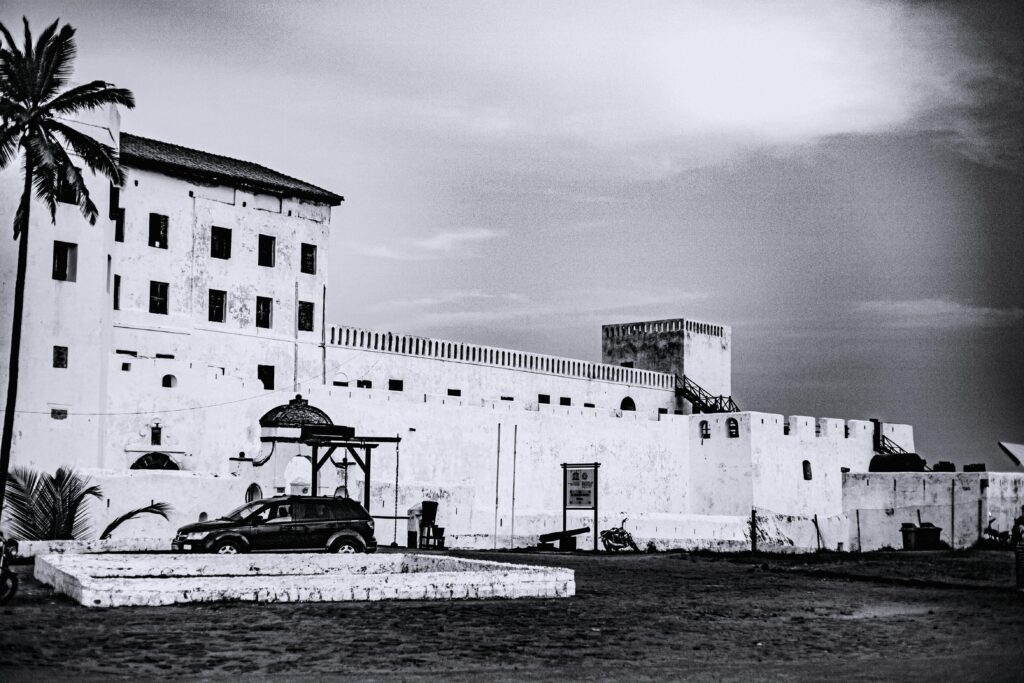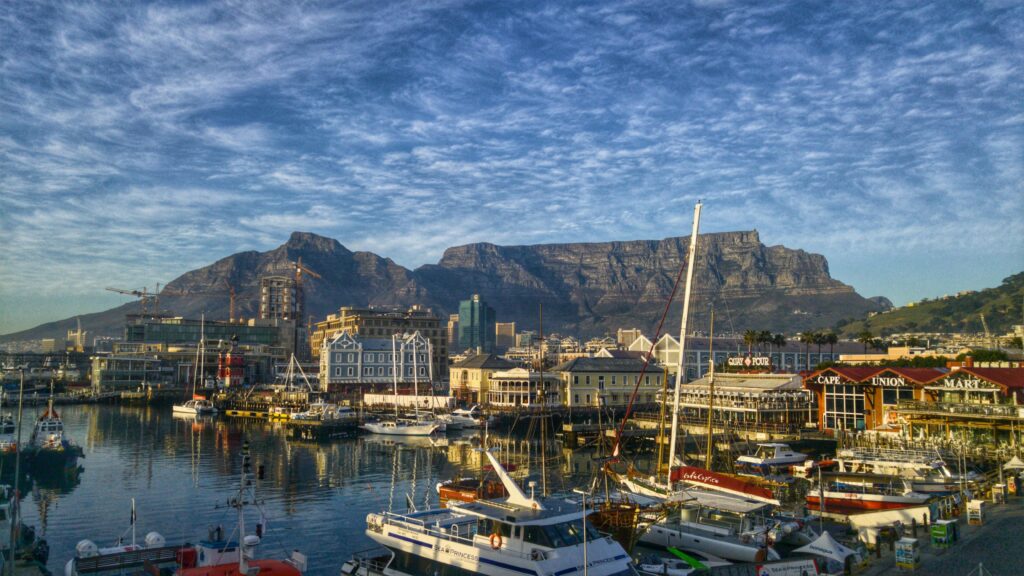Ghana
We have a team of professionals to help you with all your business needs. So, that you can focus on business expansion in Ghana.
Please feel free to email us on
WHY GHANA?
Doing business in Ghana offers a promising opportunity for both local and international entrepreneurs alike. With its stable political environment, rich cultural heritage, and growing economy, Ghana presents a favorable climate for business ventures. The government’s commitment to economic reform and investment promotion has led to a steady increase in foreign direct investment. Key sectors such as agriculture, mining, energy, and services are ripe for exploration and investment.
Moreover, Ghana’s strategic location in West Africa serves as a gateway to regional markets, enhancing trade prospects. While challenges like bureaucratic processes and infrastructural gaps exist, the potential rewards of tapping into Ghana’s vibrant consumer base and skilled workforce are substantial. Establishing strong relationships, understanding local customs, and adhering to regulatory frameworks will be crucial for success in this dynamic and evolving business landscape.

ADVANTAGES
Stable political system:
Ghana has a stable political system and has experienced a generally peaceful democracy for several decades. This stability creates a favorable climate for business operations and decreases the possibility of political instability interfering with company operations. Ghana has had sustained economic development throughout the years, making it an appealing place for commercial prospects. The country’s economy is diverse, with agriculture, mining, manufacturing, and services all contributing to GDP growth.
Investment climate favourable
Ghana has taken initiatives to enhance its investment climate and attract foreign direct investment (“FDI”). The governments have put in place policies and programmed to attract investment, including as tax breaks, reduced bureaucratic procedures, and property rights protection. Ghana has a wealth of natural resources, including gold, oil, cocoa, wood, and minerals. This creates opportunity for companies in the mining, extraction, and processing industries. Fertile soils support the agriculture industry as well, creating chances for agribusinesses.
Access to Regional and International Markets
Due to its strategic position and involvement in regional trade blocs such as the Economic Community of West African States (“ECOWAS”), Ghana acts as a gateway to the West African market. This enables enterprises to reach a bigger consumer base outside of Ghana’s boundaries. Workforce Skill: Ghana has a relatively educated and talented workforce, notably in finance, technology, and engineering. The country places a high value on education and vocational training.
SIMPLE TAX REGIME
The tax regime in Ghana for the year 2023 has undergone some changes and reforms. Here are the key highlights and measures:
Income Tax Rates

First GHS 4,824: 0% tax rate
Next GHS 1,320: 5% tax rate
Next GHS 1,560: 10% tax rate
Next GHS 36,000: 17.5% tax rate
Next GHS 196,740: 25% tax rate
Next GHS 359,556: 35% tax rate
Exceeding GHS 600,000: 35% tax rate
Pay-As-You-Earn (“PAYE”) Tax
Pay-As-You-Earn (“PAYE”) Tax
An additional PAYE tax band has been introduced with a tax rate of 35%
Withholding Tax (“WHT”):
A WHT regime for gains on realization of assets and liabilities has been introduced.
Growth and Sustainability Levy (“GSL”):
The national fiscal stabilization levy (NFSL) has been converted into a GSL to cover all other sectors. The rate of the Growth and Sustainability Levy in Ghana depends on the category of the entity. Here are the details:
Category A entities: The rate of the levy is 5% of profit before tax.
Category B entities: The rate of the levy is not specified in the search results.
Category C entities: The rate of the levy is 2.5% of profit before tax
Excise Duty:
The national fiscal stabilization levy (NFSL) has been converted into a GSL to cover all other sectors. The rate of the Growth and Sustainability Levy in Ghana depends on the category of the entity. Here are the details:
Category A entities: The rate of the levy is 5% of profit before tax.
Category B entities: The rate of the levy is not specified in the search results.
Category C entities: The rate of the levy is 2.5% of profit before tax
GHANA COMPANIES
Depending on your business needs there are 6 main types of legal entities you may form in Ghana.
Company Limited by Shares
This is a business entity registered at the Registrar General’s Department comprising at least two individuals acting as directors of the company and at least one person (company or individual) acting as a shareholder in the entity with objects which are (usually) for the generation of profit. The liability of the members of this entity are limited by the This is a business entity registered at the Registrar General’s Department comprising at least two individuals acting as directors of the company and at least one person (company or individual) acting as a shareholder in the entity with objects which are (usually) for the generation of profit. The liability of the members of this entity are limited by the value of their shares.
Company Limited by Guarantee
This company structure is best suited for Not-For-Profit Organisations. This is because the objects of a company limited by guarantee cannotTop of Form
Bottom of Form
include any for the generation of profit. As such these companies are exempt from corporate tax (although the organization will have to pay income tax on behalf of any of its salaried employees)
The Company Limited by Shares and Company Limited by Guarantee are jointly referred to as “Limited Liability Companies” This is because the personal assets of persons who form such entities are protected from liability. In other words, the liability of members of such a company is limited (by the value of their shares or guarantee).
Sole Proprietorship
This is an entity exclusively owned by an individual who is entitled to all the profits of the business and personally liable for all liabilities of the business. In Ghana, such entities are not required to be incorporated at the Registrar General’s Department (“RGD”). If the owner of this entity would like to operate under a business name, it is however required to register such business name at the RGD.
External Company
An external company is a corporate body incorporated outside of Ghana that seeks to register a place of business in Ghana. Although an external company is subject to Ghanaian tax laws (income & corporate tax), such a company is regulated by the laws of the country in which it was originally incorporated in.
External Company
Where two or more people (up to a maximum of 20) decide to go into business for the generation of profit together, they may decide to do so through an incorporated partnership registered at the RGD. There is no protection of a partner’s personal assets in an incorporated partnership. The acts of one partner bind the whole partnership.


Ghana, a country on Africa’s west coast, has a dynamic economy that is expanding quickly. It has a rich cultural history and a friendly economic climate. Due to its political stability, strong infrastructure, wealth of natural resources, and expanding middle class, the nation has established itself as one of the most desirable investment locations in the area.
Author: Chandrawat & Partners
Topic: Doing Business in Ghana
Contact Us
Get in touch with the right people to get the right help in setting up your business in Ghana.
Contact us at: [email protected]

